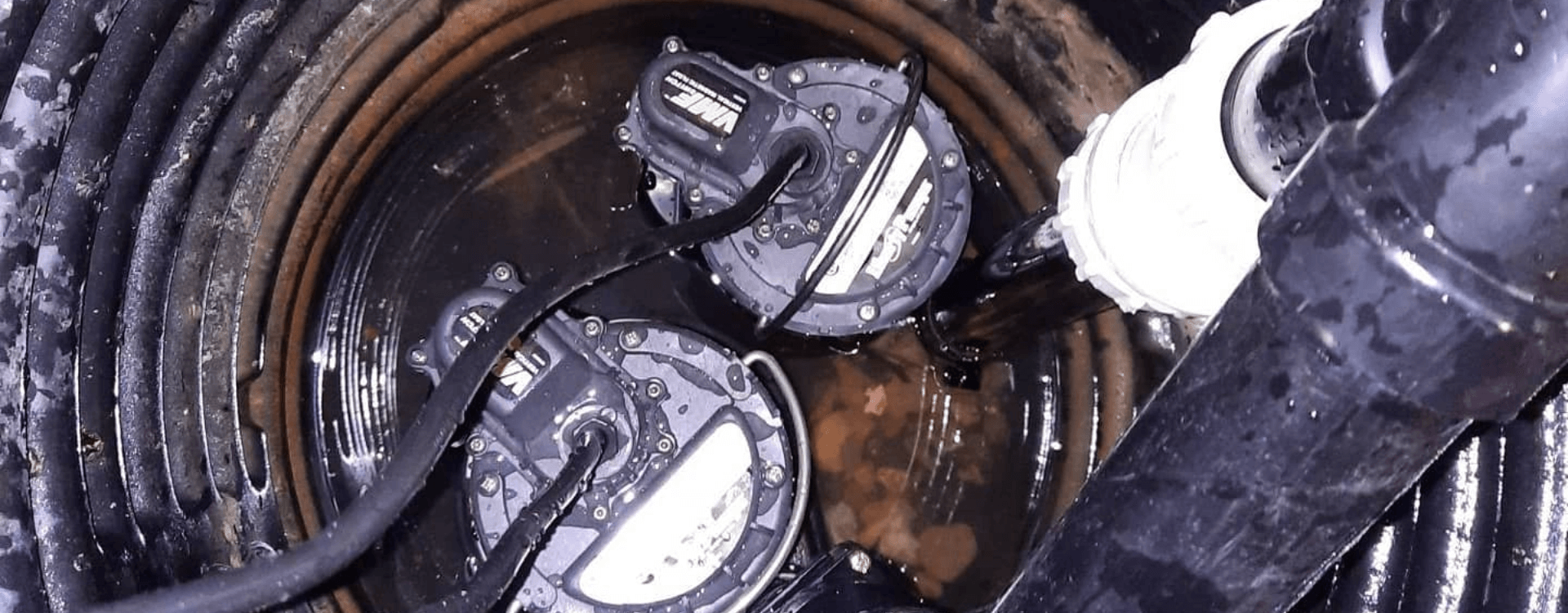Maintaining a healthy septic system is crucial for the overall well-being of your home, and one common issue that can plague these systems is biomat buildup. Though often overlooked, biomat buildup can lead to significant septic system problems if left unchecked. In this blog post, we will delve into the mysterious world of biomat buildup, explore its causes and consequences, and provide you with valuable tips to prevent and address this issue effectively.
What is Biomat Buildup?
Biomat buildup refers to the formation of a slimy, sticky layer in the drainfield or leach field of a septic system. This layer is a combination of organic matter, bacteria, and other substances that accumulate over time. It is typically found in the uppermost layer of the drainfield, where wastewater flows from the septic tank and is dispersed into the soil.
Causes of Biomat Buildup:
Several factors contribute to the formation of biomat buildup in septic systems. The primary causes include:
Excessive organic matter: When the septic system receives an overload of organic waste, such as from a large number of residents or excessive use of water, the increased organic matter can overwhelm the system’s natural microbial activity, leading to biomat buildup.
Lack of maintenance: Neglecting routine septic system maintenance, such as regular pumping and inspection, can disrupt the system’s balance and contribute to biomat buildup.
Inappropriate substances: Flushing non-biodegradable items or chemicals down the drain can disrupt the natural microbial balance in the septic system, making it more susceptible to biomat buildup.
Consequences of Biomat Buildup
If left untreated, biomat buildup can cause significant damage to your septic system and even lead to system failure. Some common consequences include:
Drainfield clogging: The thick, slimy layer of biomat can obstruct the proper flow of wastewater into the soil, resulting in slow drainage, gurgling toilets, and foul odors in and around your property.
Reduced treatment efficiency: Biomat buildup prevents the necessary oxygen exchange between wastewater and the soil, hampering the breakdown of harmful pathogens and pollutants. This can compromise the overall treatment efficiency of the septic system.
Costly repairs: If biomat buildup is left unaddressed for an extended period, it can cause irreversible damage to your septic system, leading to costly repairs or even the need for a complete system replacement.
Prevention and Solutions
The good news is that with proper care and maintenance, you can prevent biomat buildup and ensure the longevity of your septic system. Here are some essential tips:
Regular maintenance: Schedule regular septic tank pumping and inspection every 2-3 years, or as recommended by professionals. This will help remove accumulated solids and monitor the system’s health.
Mindful water usage: Be mindful of excessive water usage, especially during peak times. Consider spreading out laundry and dishwashing loads and repairing any leaks promptly.
Proper waste disposal: Only flush organic waste and septic-safe products down the drain. Avoid using harsh chemicals or flushing non-biodegradable items, such as wipes or hygiene products.
Aerobic Bacteria Generator: Consider installing an aerobic bacterial generator to boost the microbial activity in your septic system, promoting the breakdown of organic matter and removing biomat buildup and all its harmful effects.
Save Your Septic System
At Cardinal Home Services, we understand the importance of a well-functioning septic system for your home’s comfort and safety. Our team of experienced professionals is dedicated to providing top-notch septic system maintenance and repair services. Contact us today to schedule a comprehensive inspection and ensure your septic system remains free from biomat buildup.



